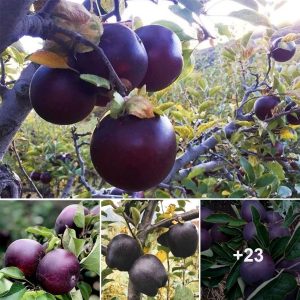Figs, the luscious and versatile fruit, have graced tables and tantalized taste buds for centuries, earning a well-deserved reputation as one of nature’s most delectable treasures. From their rich history to their culinary versatility, figs offer a myriad of delights for both the palate and the senses.
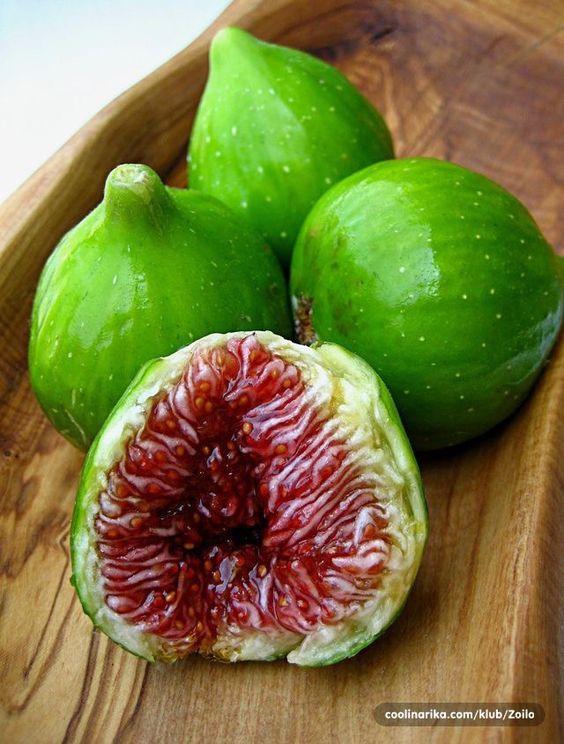
First cultivated in ancient times, figs hold a special place in human history and mythology. Revered by civilizations such as the Greeks, Romans, and Egyptians, these succulent fruits were celebrated for their sweetness and nutritional value. Figs also feature prominently in religious texts and folklore, symbolizing fertility, abundance, and the cycle of life.
One of the most remarkable qualities of figs is their versatility in both savory and sweet dishes. Whether enjoyed fresh, dried, or cooked, figs lend a unique depth of flavor to a wide range of culinary creations. Fresh figs boast a delicate sweetness and lush texture that pairs beautifully with savory ingredients like prosciutto, cheese, and balsamic vinegar. Meanwhile, dried figs add a sweet and chewy component to baked goods, salads, and trail mixes, imparting a rich caramelized flavor to any dish they grace.


Furthermore, figs are a nutritional powerhouse, packed with essential vitamins, minerals, and dietary fiber. They are particularly rich in potassium, calcium, and antioxidants, making them a valuable addition to a balanced diet. Studies have also suggested that figs may have potential health benefits, including improved digestive health, reduced inflammation, and enhanced heart health.
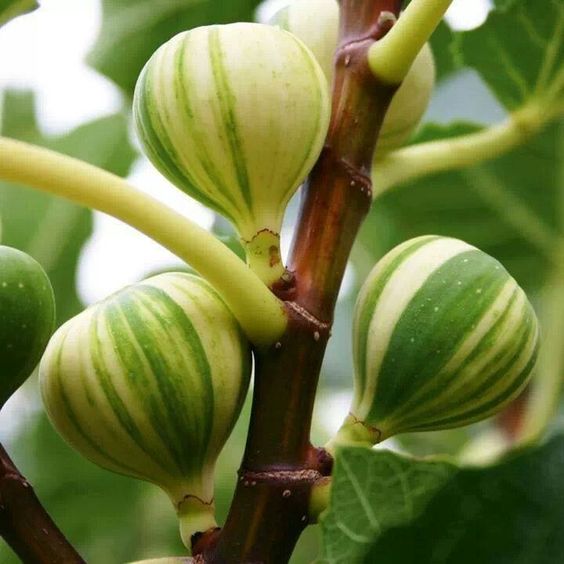
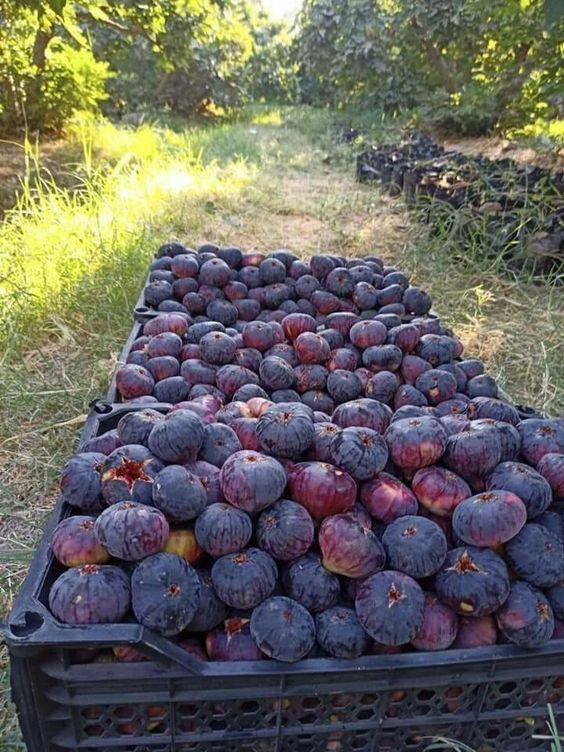
Beyond their culinary uses, figs are also prized for their beauty and versatility in decorative arrangements. Whether used in floral displays, table settings, or garnishes for gourmet dishes, the vibrant colors and elegant shapes of figs add a touch of natural sophistication to any setting.
In addition to their culinary and aesthetic appeal, fig trees play a crucial role in the ecosystem, providing habitat and sustenance for various species of birds, insects, and small mammals. As such, figs hold a special significance in ecological conservation efforts and biodiversity preservation.
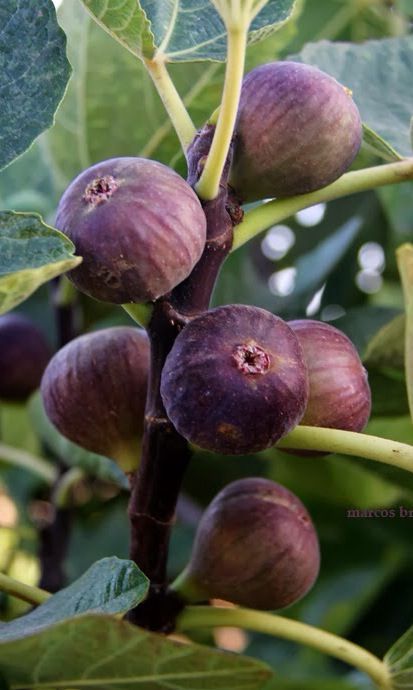
In conclusion, figs are not merely fruits; they are symbols of history, sources of nourishment, and embodiments of natural beauty. Whether enjoyed fresh from the tree or incorporated into a gourmet dish, figs never fail to delight the senses and evoke a sense of wonder at the bounties of the natural world. So, the next time you bite into a juicy fig or savor the sweetness of a dried one, take a moment to appreciate the rich tapestry of flavors and stories encapsulated within this humble yet extraordinary fruit.
